MercoPress. South Atlantic News Agency
Economy
-
Sunday, June 21st 2009 - 11:34 UTC
A billion people hungry in 2009 because of the economic crisis, says FAO
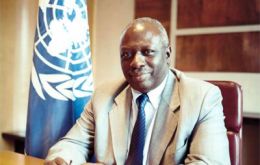
World hunger is projected to reach a historic high in 2009 with 1.020 million people going hungry every day, according to new estimates published by FAO this week.
-
Sunday, June 21st 2009 - 11:28 UTC
FAO forecasts second-highest record cereals crop for 2009/10

With the second-highest recorded cereals crop expected this year and stocks replenished, the world food supply looks less vulnerable to shocks than it was during last year’s food crisis, FAO said in its Food Outlook report published this month. But some potential dangers remain, it also noted.
-
Sunday, June 21st 2009 - 11:26 UTC
Uruguayan farmers fearful of consolidation in meat sector

The possible merger between the leading Brazilian meat groups, Marfrig and JBS Bertin could create the largest corporation in the world and among other things dominate over 30% of the Uruguayan cattle demand market.
-
Saturday, June 20th 2009 - 16:31 UTC
Argentina’s trade surplus surges 139% in May but imports plunge 49%
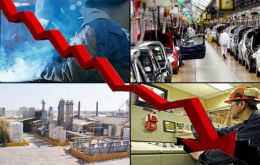
Argentina's May trade surplus soared 139% from a year ago to 2.48 billion US dollars because of a sharp drop in imports as the economy slows, the government said on Friday.
-
Saturday, June 20th 2009 - 08:19 UTC
Dim lights of hope for the British auto industry

Britain’s Business Secretary Lord Mandelson said the US government has given a “positive response” to his case for continued General Motors production in the UK.
-
Saturday, June 20th 2009 - 08:15 UTC
Switzerland struggling not to be listed “likely tax haven”
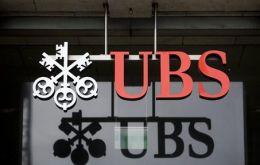
Switzerland has agreed a new bilateral framework on sharing tax information with the United States, as it continues to ease its once strict banking secrecy. In March, the Swiss government announced that it would start to abide by the current global standards on sharing bank data.
-
Friday, June 19th 2009 - 14:07 UTC
Four million live in poverty in metropolitan Buenos Aires

An estimated four million Argentines live in poverty in metropolitan Buenos Aires of which 1.2 million are described as indigent, which means they don’t have minimum resources to purchase the basic food basket according to a survey from SEL Consultores released this week.
-
Thursday, June 18th 2009 - 14:50 UTC
US unveils major banking shake-up since the 1930s
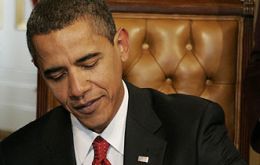
The US government has announced a major reform of banking regulation to prevent future financial crises. The overhaul will require big banks to put more money aside against future losses to curb excessive risk taking.
-
Wednesday, June 17th 2009 - 12:08 UTC
BRIC leaders call for a “more diversified” currency system
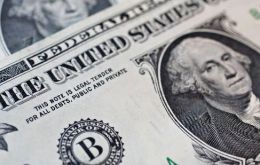
The leaders of Brazil, Russia, India and China -- the BRIC nations -- called for a “more diversified” currency system and a new global order after holding their first summit amid growing talk over the US dollar future as the global reserve unit.
-
Wednesday, June 17th 2009 - 06:53 UTC
British Airways battling for survival calls on staff to work for nothing

British Airways, which reported a record annual loss last month, said it had asked its staff to work for free as part of the company's battle for “survival” in tough market conditions.
